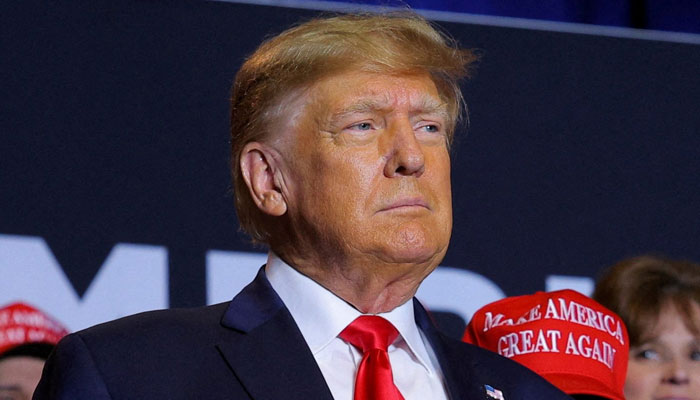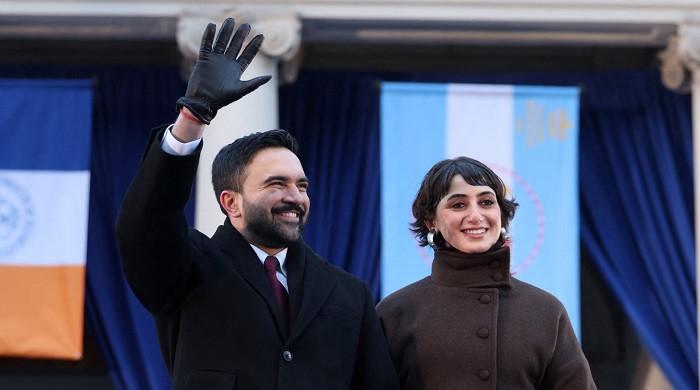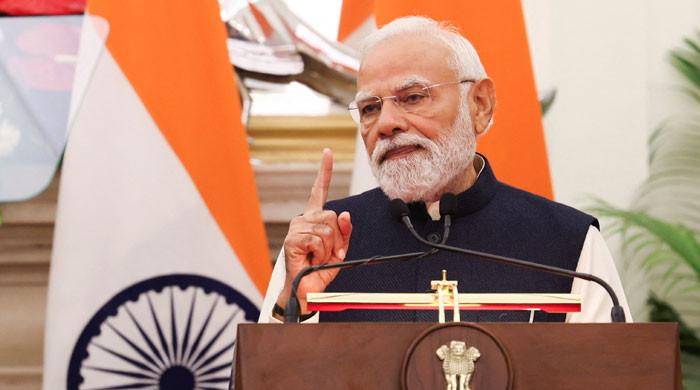Trump espionage charges: Some cases of leaking classified documents
If Trump is convicted under Espionage Act, it would mark historic moment in US politics, with former president being held accountable
June 15, 2023

The Espionage Act, enacted in 1917 during World War I, has been used to prosecute individuals who have mishandled or disclosed classified government information.
Over the years, several high-profile cases have brought attention to the intersection of national security, freedom of the press, and the responsibilities of whistleblowers.
Here are some notable individuals who have faced penalties under the Espionage Act for their involvement in the disclosure of classified information.
Daniel Ellsberg: The Pentagon Papers Whistleblower
Daniel Ellsberg, a former military analyst, leaked the Pentagon Papers in 1971.
The Pentagon Papers were a classified government study revealing insights into the Vietnam War, which Ellsberg believed the public had the right to know.
He was charged under the Espionage Act, but his case was dismissed due to government misconduct, setting a precedent for future cases involving whistleblowers.
Chelsea Manning: Leaking Classified Documents to WikiLeaks
Chelsea Manning, a former US Army intelligence analyst, leaked a vast trove of classified documents to WikiLeaks in 2010. The former US Army soldier was convicted by court-martial in July 2013 of violations of the Espionage Act and other offenses.
Manning's disclosures included military reports and diplomatic cables that shed light on human rights abuses and government actions.
She was charged under the Espionage Act and sentenced to 35 years in prison, which was later commuted by President Barack Obama.
Edward Snowden: Exposing NSA Surveillance Programs
Edward Snowden, a former NSA contractor, disclosed classified information about US government surveillance programmes in 2013.
His revelations exposed the extent of mass surveillance activities conducted by the NSA and its international counterparts.
Snowden faces charges under the Espionage Act and currently resides in Russia, seeking asylum to avoid prosecution in the United States.
Reality Winner: Leaking Intelligence Report on Russian Interference
Reality Winner, a former US Air Force veteran and NSA translator, leaked an intelligence report on Russian interference in the 2016 US presidential election to the media in 2017.
Winner's disclosure provided valuable insights into foreign interference efforts and raised concerns about election security.
She was charged under the Espionage Act and sentenced to more than five years in prison.
Julian Assange: WikiLeaks Founder and Publisher
Julian Assange, the founder of WikiLeaks, faces charges under the Espionage Act for his involvement in publishing classified US government documents.
Assange's disclosures spanned various domains, including diplomatic cables, military records, and confidential information.
He is currently fighting extradition from the United Kingdom to the United States.
The case of former President Trump facing espionage charges under the Espionage Act is an unprecedented development that carries significant repercussions. If convicted, it would mark a historic moment in American politics, with a former president being held accountable for mishandling classified information.
The outcome of this case will have far-reaching implications. It will shape the boundaries of presidential power, the handling of sensitive information, and the balance between national security and transparency. As the legal proceedings unfold, the world will be watching closely to see how this landmark case unfolds and what impact it will have on future political leaders and their responsibilities in safeguarding classified information.
The cases mentioned above represent significant instances where individuals faced legal consequences under the Espionage Act for their roles in exposing classified information. These cases have sparked debates regarding the balance between national security, government transparency, and the rights of whistleblowers and the press. The outcomes of these cases have far-reaching implications for the protection of classified information and the boundaries of freedom of expression.









